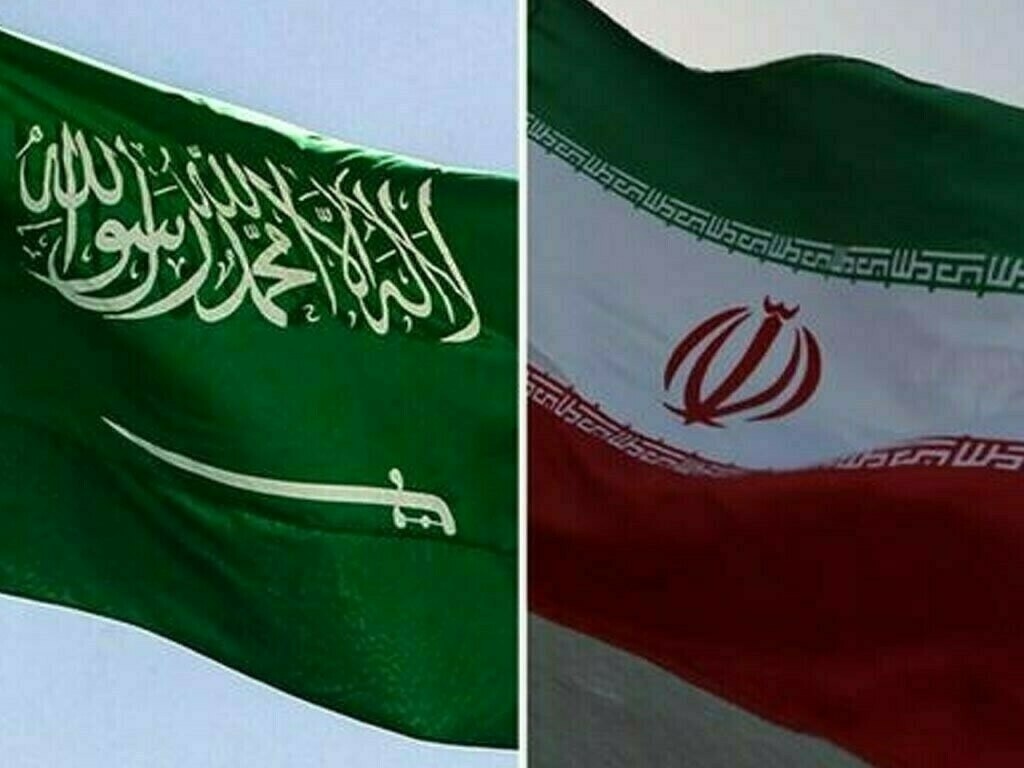EDITORIAL: This past Friday was a day of crucial developments both for China and the powers that matter most for peace and development in the Middle East. As President Xi Jinping began his historic third term in office, that very day, the Kingdom of Saudi Arabia (KSA) and Islamic Republic of Iran agreed to restore ties and reopen their embassies courtesy the China-brokered peace mediation.
According to a trilateral statement, Tehran and Riyadh have said they will reopen embassies and missions within two months and implement security and economic cooperation deals made more than 20 years ago. Riyadh had cut its ties with Iran after protestors attacked Saudi diplomatic missions in 2016, following the execution of Shia cleric Shiekh Nimr al-Nimr for alleged terrorism offences. The two countries have also agreed to restore normality in the region and to reactivate a 2001 security cooperation accord as well as earlier trade, economy investment plans.
With Beijing committed to playing a “constructive role in addressing tough global issues”, there is every possibility that Saudi Arabia and Iran would join hands to put out the fire now raging across the region, particularly the power struggle in Yemen where Riyadh leads a military coalition that has since 2015 been battling the Iran-aligned Houthi movement. While Washington has claimed it was kept “in the loop” as Saudis kept it informed but it wasn’t directly involved. Obviously, the United States tends to see the Saudi Arabia-Iran patch up through its Israeli lens.
For much-needed peace in the Middle East the Beijing agreement is indeed a strategic breakthrough, but the United States seems to be unwillingly to concede China’s growing influence and presence in this region. However, the UN Secretary General Antonio Guterres has welcomed the deal, saying, ‘’Good neighborly relations between Iran and Saudi Arabia are essential for the stability of the Gulf region’’.
One of the countries that is likely to greatly benefit from this peace deal could be Pakistan as normalization of relationship would help the country’s polity to effectively lower sectarian tensions. For this and for its interest in regional peace and tranquility Pakistan has “warmly welcomed” the normalization of diplomatic relations between the two countries. Therefore, Islamabad would closely watch how these two countries overcome their differences in the next two months.
That is going to be a testing time not only for two of them but for China, the country that actually cajoled Iran and Saudi Arabia into restoring ties, as well. Surrendering the oil-rich Gulf region to growing influence of China doesn’t seem to be in the Washington’s global interests and its lingering bid for hegemony. The China-brokered deal between two prominent Muslim powers is most likely to be seen in Israel as the United States is giving ground in the region just when the Netanyahu government needs it, as he is set about extending sway over whole of Palestine.
Since the deal also helps Iran shed its isolation and mend fences with its erstwhile hostile regional rival there is every likelihood that some of the pro-Israel powers in the West would take certain steps aimed derailing the Saudi-Iran normalization process. The next two months are therefore critical to the viability of the Iran-Saudi peace agreement.
Copyright Business Recorder, 2023


























Comments
Comments are closed.